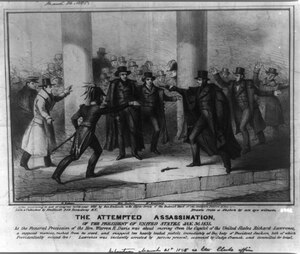This article may need to be cleaned up. It has been merged from List of heads of state and government who survived assassination attempts . |
This is a list of survivors of assassination attempts. For successful assassination attempts, see List of assassinations.












